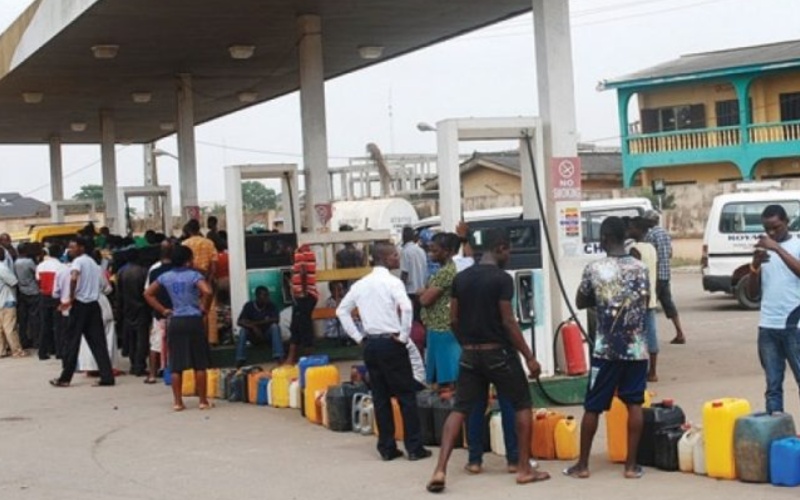The lingering subsidy regime of the Federal Government on Premium Motor Spirit, popularly called petrol, has stalled investments in the development of Nigeria’s gas sector, major and independent oil marketers stated on Friday.
About two years ago, the Federal Government declared 2021 to 2030 as the ‘Decade of Gas’, and called for gas investments to deepen domestic gas usage.
Nigeria has a proven gas reserve base of 208.62 trillion standard cubic feet (as at January 1, 2022), and is working to increase its reserves volumes to 220TCF in 10 years, according to data obtained from the Nigerian Upstream Petroleum Regulatory Commission.
However, industry operators told our correspondent that the massive gas reserves across the country were not being explored by investors, because it made no business sense investing in gas when the government was subsidising petrol.
They explained that gas should be cheaper than petrol, but since the Federal Government was subsidising petrol, this had made PMS lower in cost than gas, and as such halted investments in gas despite its abundance nationwide.
“We (Nigeria) have declared this period a ‘Decade of Gas’, and under normal circumstances gas should be cheaper than petrol,” the Executive Secretary, Major Oil Marketers Association of Nigeria, Clement Isong, told our correspondent.
He added, “If you are going to invest in gas, whether you are talking about gas infrastructure, processing, retailing, etc., which is what should take this country out of poverty, that investment can only be so if the investor believes that he will recover his investment and make a decent profit.
“But when you make your investments in gas and the government continues to subsidise petrol, then it does not work for you. This is because, first of all, you can no longer trust the government, and most importantly you lose your money.”
According to him, under normal circumstances that the government should be selling gas cheaper than petrol, but it is subsidising petrol.
“So, petrol is selling cheaper than your gas and then it blocks your investment. No normal civil person will invest in those things knowing that government policy can make you lose your investments,” he added.
Isong stated that the Petroleum Industry Act had been in place since August 2021, stressing that the law stated that subsidies should be stopped, but wondered why fuel subsidy had remained an issue to date.
“So everybody that you expect to bring in money to invest in petrochemicals, plastics, gas and everything along the supply chain, will no longer bring in their money because the government is not obeying its own law.
“Investments that should have come in, those investments that will take two to five years to mature for Nigeria to begin to enjoy, have all been put back. The investment decisions have been postponed until we become a serious country,” the MOMAN executive stated.
Also speaking on the issue, the President, Petroleum Products Retail Outlets Owners Association of Nigeria, Billy Gillis-Harry, told our correspondent that the government had yet to make a concrete statement on fuel subsidy removal.
This, he said, was affecting investment decisions among oil sector operators, stressing that the subsidy regime should be discontinued by the incoming administration.
“If the government is still somersaulting on its stand about subsidy removal in June, then basically it means that we are not even sure about where we are with that and this is affecting investment decisions in oil and gas badly.
“But let us assume that the subsidy on fuel is going to be removed. Now, if that is the case, what we have advocated is that there should be some infrastructural development that we should see, such as the refining of crude locally by our refineries and ensuring that there are adequate petroleum products in the system,” he stated.
On his part, the Secretary, Independent Petroleum Marketers Association of Nigeria, Abuja-Suleja, Mohammed Shuaibu, alluded to the fact that it was vital to stop fuel subsidy, but stressed that the incoming government must urgently fix Nigeria’s refineries.
“When they said they would stop subsidising fuel by June, we kept asking how realistic it would be. It is a good thing and we’ve been asking the government to remove it because it is stalling investments,” he stated.
SOURCE: THE PUNCH


